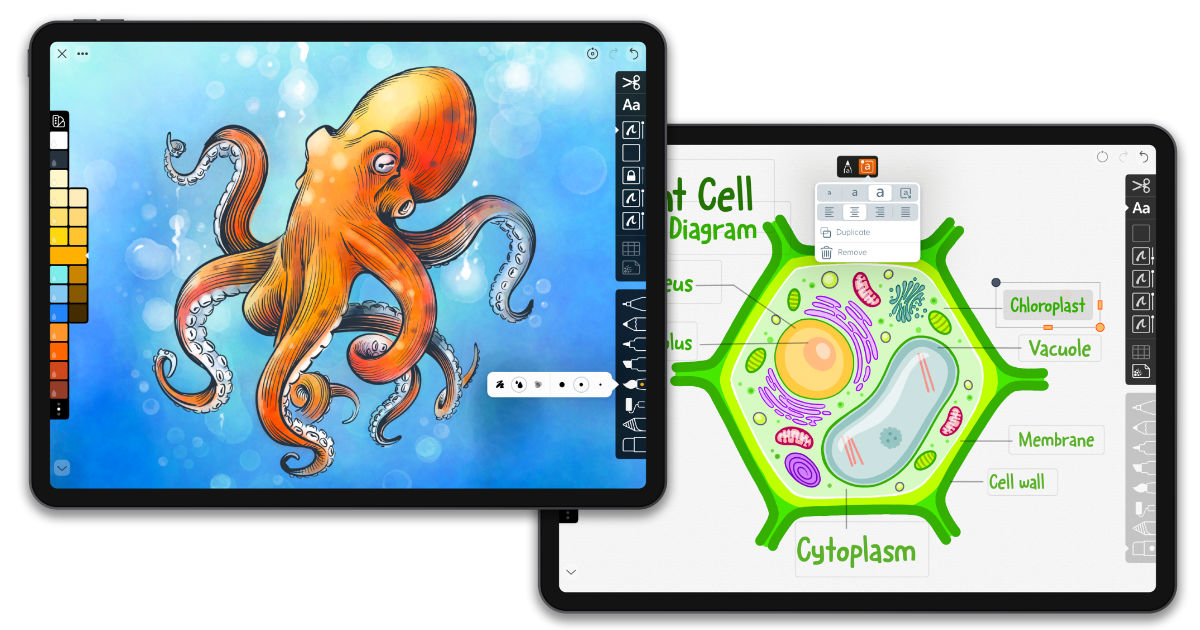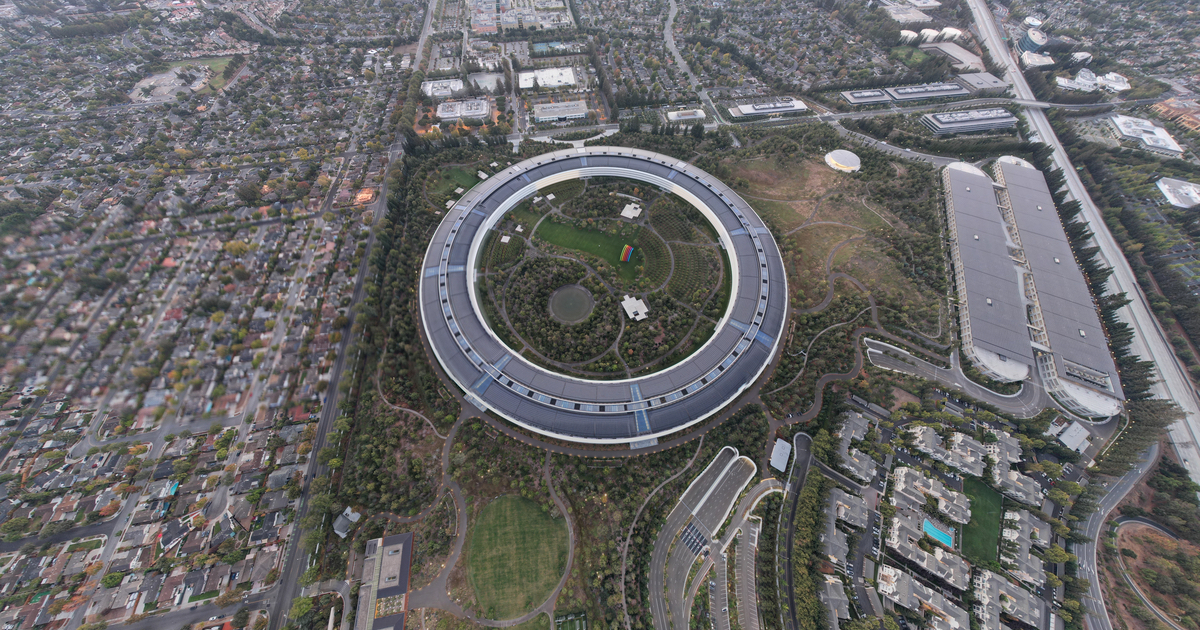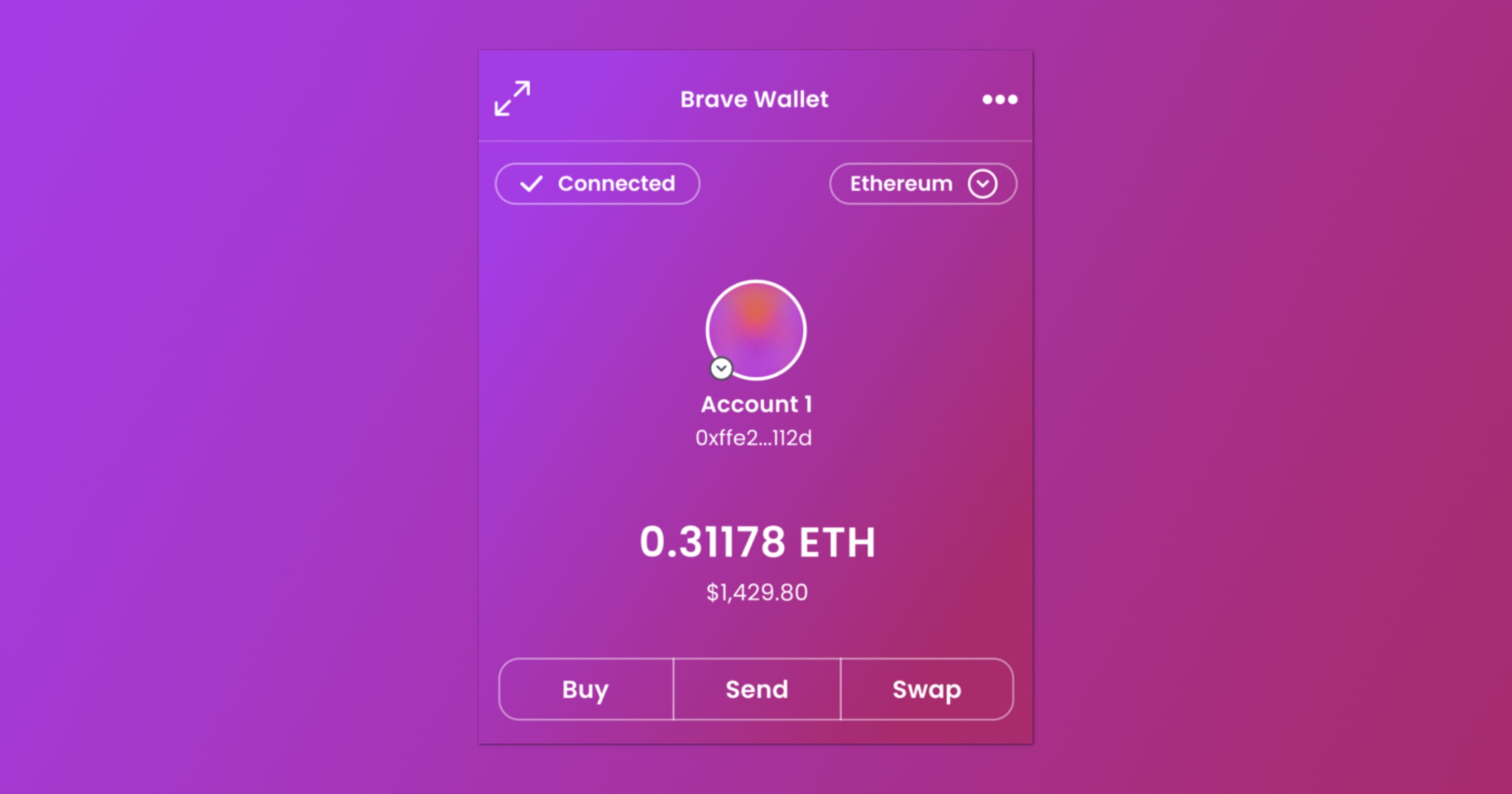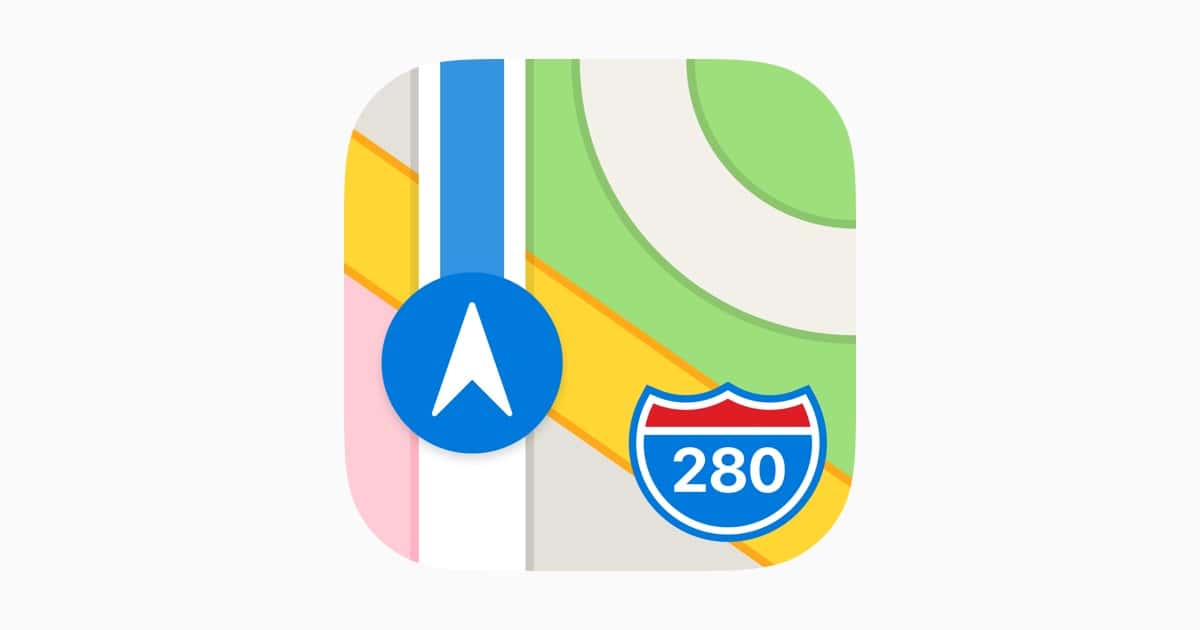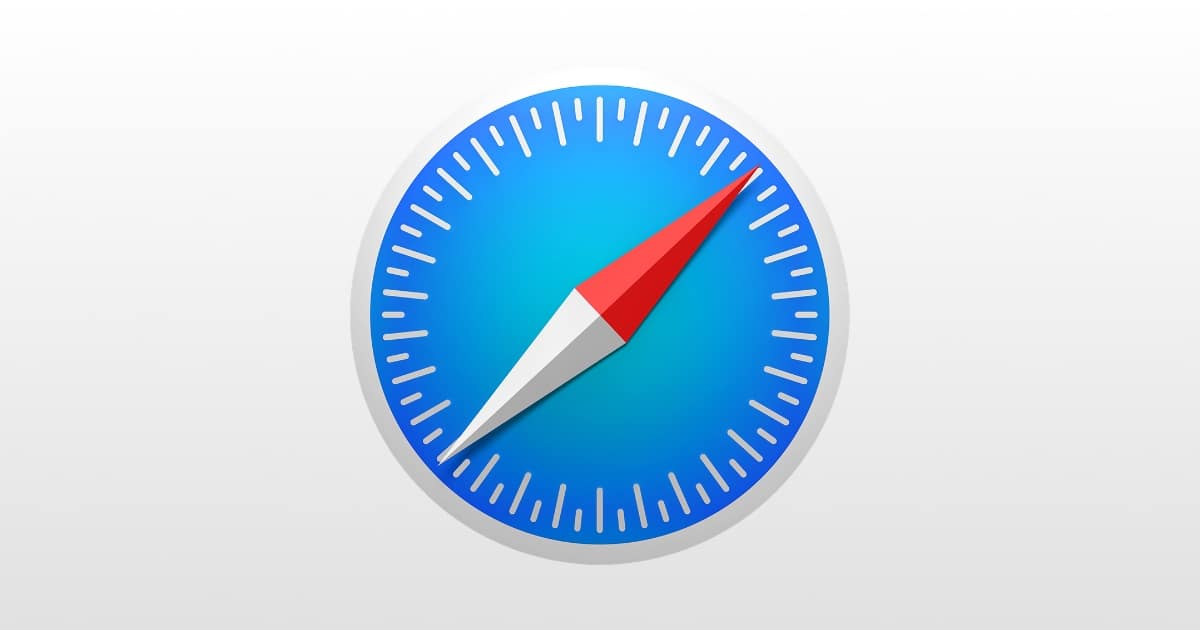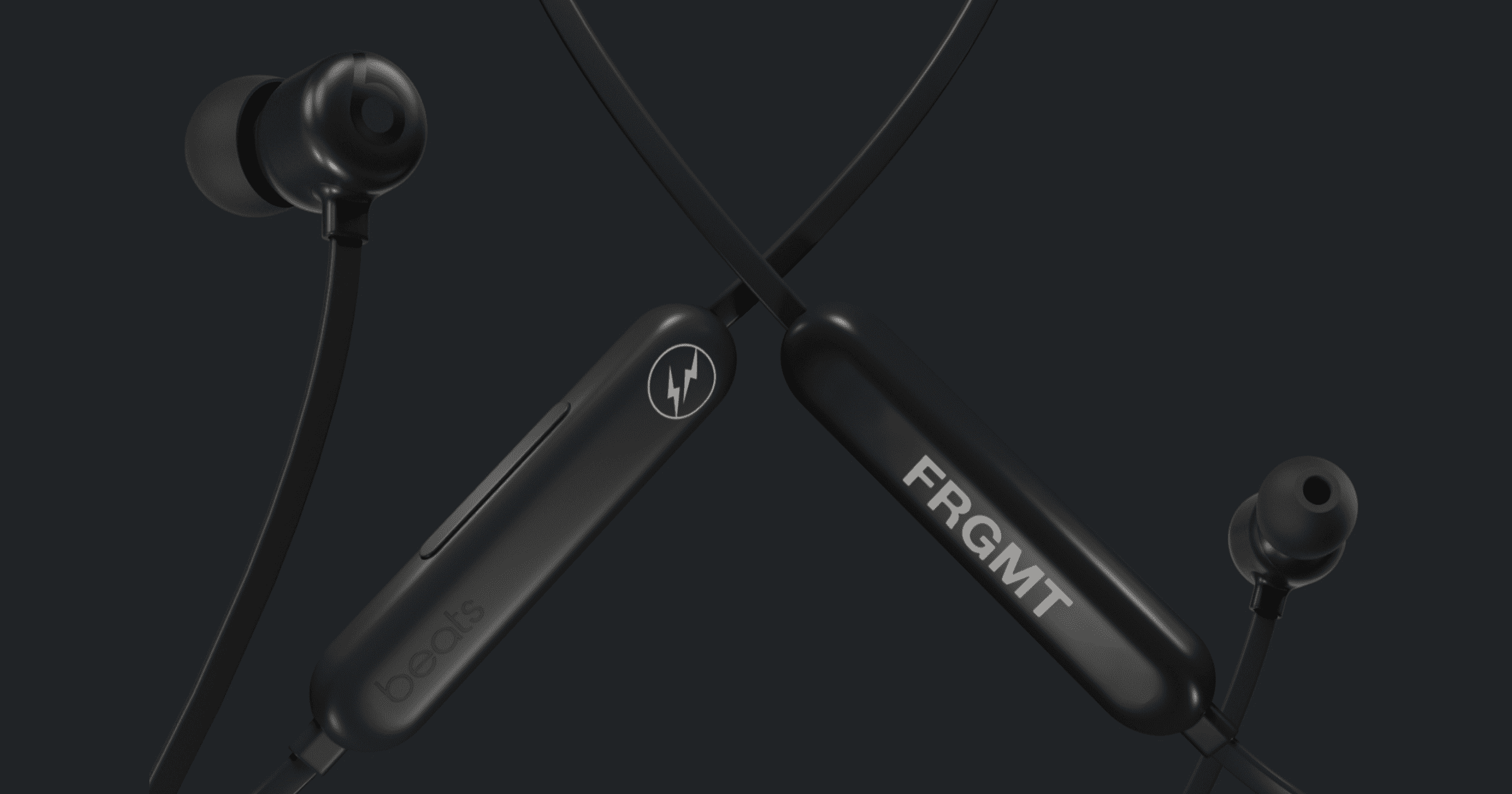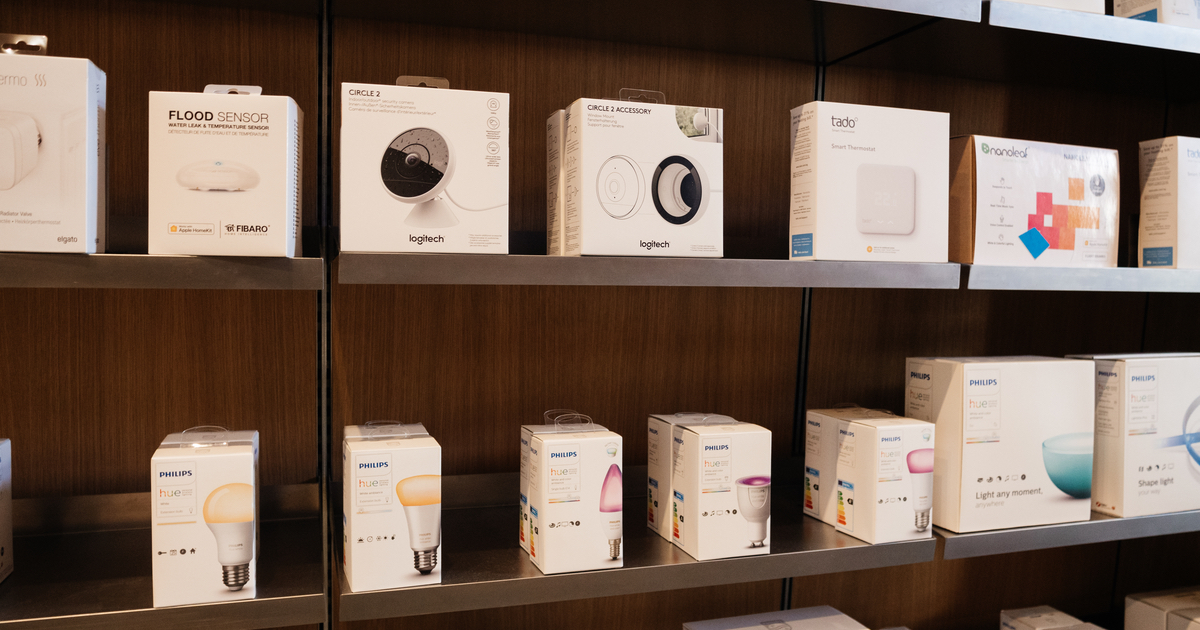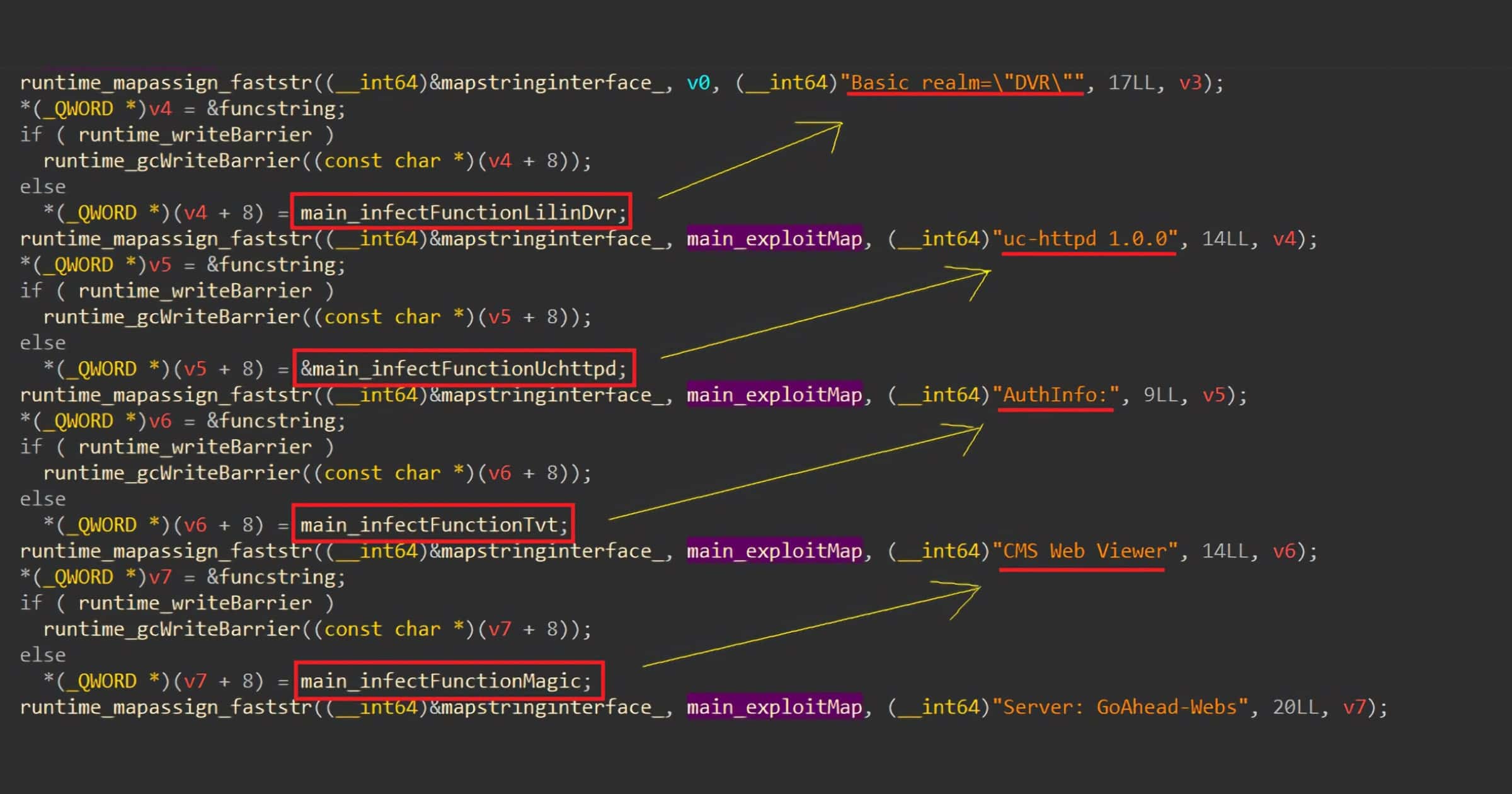Sleep technology has really taken off, and we even have smart beds now. Let’s see how well the ReST Smart Bed performs for this techie.
Walkie Talkie and Wembley Fraggle – TMO Daily Observations 2021-11-16
Jeff Butts joins host Kelly Guimont to discuss a forgotten Apple Watch feature and look forward to new Apple TV content…down at Fraggle Rock.
Linea Sketch 4 for iPad Adds Watercolor Brushes, Annotations, More
Linea Sketch 4 for iPad and iPhone is out, and it sports new watercolor brushes, annotations, a rounded corner tool, and more. It’s a free update for version 3 users.
GitHub Fixes NPM Bugs That Leaked Private Package Names
GitHub has fixed several flaws with npm packages that leaked private names and let attackers publish new versions of a package they didn’t have rights to.
The data leak was identified by GitHub on October 26th and by the 29th, all records containing private package names were deleted from the npm’s replication database. Although, GitHub does warn that despite this, the replicate.npmjs.com service is consumed by third parties who may, therefore, continue to retain a copy or “may have replicated the data elsewhere.”
Apple’s Home Services Head Leaves, Destination Unknown
Apple’s head of Home Services, Sam Jadallah, has abruptly left the company. Apple has not yet announced his replacement.
Brave Browser Introduces Native Crypto Wallet Called 'Brave Wallet'
On Tuesday Brave introduced a native wallet within its browser that doesn’t require an extension called Brave Wallet.
Unlike most crypto wallets, the Brave Wallet does not require extensions; it’s browser-native, reducing security risks and reliance on extra CPU and memory. Users can transact with almost any crypto asset with superior safety and performance, as well as connect with other wallets and Web3 DApps. The Brave Wallet will soon be available on our mobile apps as well.
Apple Seeds iOS 15.2 Developer Beta 3 to Testers
Along with the latest beta for macOS Monterey, developers can receive the third beta for iOS | iPadOS 15.2.
Apple Releases macOS Monterey 12.1 Developer Beta 3
On Tuesday Apple released the third beta of macOS Monterey 12.1 for developers. It can be installed through System Preferences.
Apple Maps in Germany And Spain Lets Users Report Accidents and Hazards
The new feature in Apple Maps that lets users reports accidents and hazards is now available to users in both Germany and Spain, 9to5 Mac said. The feature is rolling out in various countries around the world and was already available in Australia, Brazil, Singapore, the United Kingdom, and the U.S. It’s nice to see the app developing like this, having lagged behind its rival from Google for a number of years.
Germany is the latest country to add support for reporting incidents using Apple Maps. This feature launched alongside iOS 14.5 and is slowly expanding globally. As spotted by Macerkopf, with this feature now live in Germany, users can report an accident and danger zones on a new menu of the app. Unfortunately, as spotted by a Reddit user, it’s not possible to use the speed check option, which is available in other countries.
Totallee Offers 50% Off Black Friday Sale for Smartphone Products
Totallee is offering a deal to celebrate Black Friday 2021. From November 18 to November 30, customers can 50% off all products.
Qualcomm Sets Out Apple Silicon Competitor
Qualcomm is preparing for battle with Cupertino and its M-series chips. It laid out its competition to Apple Silicon for Windows device, which will launch in 2023, The Verge reported. Perhaps most interesting of all is the fact that those working on this project used to work for Apple.
Dr. James Thompson, Qualcomm’s chief technology officer, announced the plans for the new chips at the company’s 2021 investor day event, with the goal of getting samples to hardware customers in about nine months ahead of product launches with the new chip in 2023. The new chip will be designed by the Nuvia team, which Qualcomm had bought earlier this year in a massive $1.4 billion acquisition. Nuvia, notably, was founded in 2019 by a trio of former Apple employees who had previously worked on the company’s A-series chips.
How The Script For 'CODA' Was Written in ASL
In a new interview with Gold Derby, Sian Heder discussed how she learned American Sign Language (ASL) and wrote CODA in it. I confess that it didn’t occur to me that such a movie would have to be scripted in this way, although it makes total sense when Ms. Heder explains it. The discussion gives another indication of the pioneering work by both cast and crew to make the film, which is available on Apple TV+.
It’s a “hugely different” process to write in ASL because it “has no written form.” Heder learned ASL in the process of making the film, but at first, “I wrote in English, and I wrote the way that I’ve written every script, where I’m talking out loud to myself and playing every part and really hearing the characters.” Then she and the film’s ASL consultants “went line by line through the script, every piece of dialogue, and we would go back and forth and discuss, and [ASL master Alexandria Wailes] would show me possible sign choices.” That process from the initial English-language script to the finished film was “really amazing,” Heder says. “People talk about that feeling as a writer where you watch your words come to life. And this was the most literal form of that.”
Apple Adds Private Click Measurement to In-App Advertising in iOS 15.2
Apple is bringing Private Click Measurement (PCM) to in-app direct response advertising in iOS 15.2 by way of the SFSafariViewController.
New fragment design Beats Flex Dropping November 18
fragment design and Beats have a new collaboration – a limited-edition, black-on-black Beats Flex which will become available on November 18.
Epic Game CEO Says 'Apple Must Be Stopped'
Epic Games CEO Tim Sweeney has said “Apple must be stopped” and called for a universal app store that works across all platforms.
Head of Audio...at a Newspaper? — Media+
David Marsland, Head of Audio at the London Evening Standard, joins Charlotte Henry to discuss creating audio output for a 200-year-old newspaper. They also ponder what role audio may have in the future of journalism.
Does Apple Need to Get More Into HomeKit Hardware?
Is a lack of Apple-branded HomeKit hardware a death knell for the smart home ecosystem? Jeff Butts explains why he doesn’t think so.
PopSockets Announces New MagSafe Mounts
Fans of PopSockets will be glad to see the company’s latest MagSafe mounts. The new mounts are available for your car or home.
Apple and Facebook Squaring Off – TMO Daily Observations 2021-11-15
Bryan Chaffin and Dave Hamilton join host Kelly Guimont to discuss how Apple and Facebook are headed for a new type of battle.
New Fraggle Rock Coming to Apple TV+ on January 21, 2022
Thirteen new episodes of the Jim Henson-created favorite ‘Fraggle Rock’ will hit the streaming service from January 21, 2022.
Background Sounds Makes Your iPhone a White Noise Generator
If you need to tune out distracting sounds, white noise generators can help. An iOS Accessibility feature, Background Sounds, gives you that.
Amazon Prime Video Now Available in the Mac App Store
Starting today, Prime Video is rolling out a native macOS app allowing customers to stream and download Prime Video content on Macs for offline viewing in the app. This includes licensed titles and Amazon Originals such as, The Tomorrow War, Coming 2 America, The Boys, The Marvelous Mrs. Maisel and The Wheel of Time (premiering Nov 19). Prime Video customers worldwide with Big Sur 11.4 and above can download the app for free on the Mac App Store. The Prime Video macOS app streaming experience will also include: Picture-in-Picture (allows viewers to play video content in a resizable floating window that isn’t blocked by other windows), Search/browse functionality, In-app transactions (TVOD purchases/rentals), Amazon’s growing line-up of live sports globally, including Thursday Night Football and the English Premier League (where available).
New 'BotenaGo' Targets Routers and Smart Home Devices in Devastating Attack
AT&T Alien Labs discovered malware it dubs BotenaGo. It affects millions of routers and Internet of Things devices found with smart homes. The “devastating” part comes from the fact that it uses over 30 separate exploits due to insecure devices.
The BotenaGo malware starts by initializing global infection counters that will be printed to the screen, informing the hacker about total successful infections. It then looks for the ‘dlrs’ folder in which to load shell scripts files. A loaded script will be concatenated as ‘echo -ne %s >> ‘. If the ‘dlrs’ folder is missing, the malware will stop and exit at this point. For the last and most important preparation, the malware calls the function ‘scannerInitExploits’, which initiates the malware attack surface by mapping all offensive functions with its relevant string that represent the targeted system.


